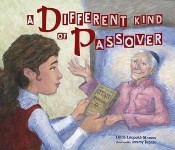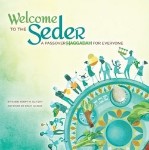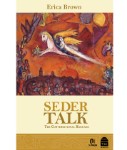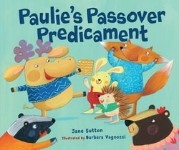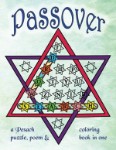The Ethics of Witnessing: the Holocaust in Polish Writers’ Diaries from Warsaw, 1939-1945 by Rachel Brenner

 Lecture organized by the European Division of the Library of Congress
Lecture organized by the European Division of the Library of Congress
Wednesday, December 17, 2014
The European Division, the LCPA Polish Language Table, and the Hebraic Section, African & Middle Eastern Division, present Rachel Feldhay Brenner discussing her new book: The Ethics of Witnessing: the Holocaust in Polish Writers’ Diaries from Warsaw, 1939-1945.
The book investigates the reactions of five important Polish diarists-writers during the period when the Nazis persecuted and murdered Warsaw’s Jewish population.
Rachel Feldhay Brenner is Professor of Jewish Studies and Modern Hebrew Literature at the Center for Jewish Studies at the University of Wisconsin, Madison.
Where: European Division conference room, LJ-250
(2nd floor, Thomas Jefferson Building)
When: Noon
The Ethics of Witnessing investigates the reactions of five important Polish diaristswriters—Jarosław Iwaszkiewicz, Maria Dąbrowska, Aurelia Wyleżyńska, ZofiaNałkowska, and Stanisław Rembek—during the period when the Nazis persecuted and murdered Warsaw’s Jewish population. The responses to the Holocaust of these prominent prewar authors extended from insistence on empathic interaction with victims to resentful detachment from Jewish suffering. Whereas some defied the dehumanization of the Jews and endeavored to maintain intersubjective relationships with the victims they attempted to rescue, others selfdeceptively evaded the Jewish plight. The Ethics of Witnessing examines the extent to which ideologies of humanism and nationalism informed the diarists’ perceptions, proposing that the reality of the Final Solution exposed the limits of both orientations and ultimately destroyed the ethical landscape shaped by the Enlightenment tradition, which promised the equality and fellowship of all human beings.

